The Link Between Glaucoma and Sleep Problems
Glaucoma affects over 60 million people worldwide and is the second leading cause of blindness. While it has long been known to have a hereditary component, new research suggests a surprising link between sleep problems and glaucoma.
What is Glaucoma?
Glaucoma is a group of eye diseases that damage the optic nerve, which is responsible for transmitting visual information from the retina to the brain. The most common cause of glaucoma is increased pressure inside the eye, but other factors can also contribute to optic nerve damage.
If left untreated, glaucoma leads to gradual but irreversible vision loss, often starting with blind spots in peripheral vision and eventually affecting central vision as well.
How is Sleep Related to Glaucoma?
A recent American study examined over 6,700 people over the age of 40 to explore the connection between sleep habits and glaucoma. Participants were surveyed about their sleep duration, how long it took them to fall asleep, sleep quality, daytime sleepiness, and any diagnosed sleep disorders.
Key Findings from the Study:
Researchers discovered several significant links between sleep patterns and an increased likelihood of glaucoma-related optic nerve damage:
- Sleeping for 10 hours or more per night made individuals three times more likely to have glaucoma-related optic nerve damage than those who slept seven hours or less.
- People who took less than 9 minutes or more than 30 minutes to fall asleep were twice as likely to have glaucoma compared to those who fell asleep within 10 to 29 minutes.
- Sleeping less than three hours or more than 10 hours per night made people three times more likely to develop visual field defects (blind spots) than those who slept seven hours per night.
- Participants who experienced memory problems due to daytime sleepiness were twice as likely to have visual field defects compared to those who didn’t report daytime sleepiness.
- Those who struggled to engage in hobbies due to daytime drowsiness were three times more likely to suffer from visual field defects than those who had no issues with daytime alertness.
While further research is needed to determine whether sleep issues directly contribute to glaucoma or whether they develop as a symptom of the disease, the study suggests a definite connection between sleep and optic nerve health.
Why Early Glaucoma Detection Matters
Glaucoma-related vision loss cannot be reversed, but early detection and treatment can slow or prevent further damage. Since glaucoma often develops without noticeable symptoms, regular ocular health exams are essential.
Schedule a Glaucoma Test in Edmonton
If you have a family history of glaucoma, difficulty sleeping, or unexplained vision changes, don’t wait to get checked. Regular eye exams can detect early signs of glaucoma and help protect your vision.
At Optometrists’ Clinic Inc., we provide comprehensive glaucoma testing in Edmonton and surrounding areas. Book an ocular health exam today to ensure your eyes stay as healthy as possible. Call your nearest location to make an appointment.




